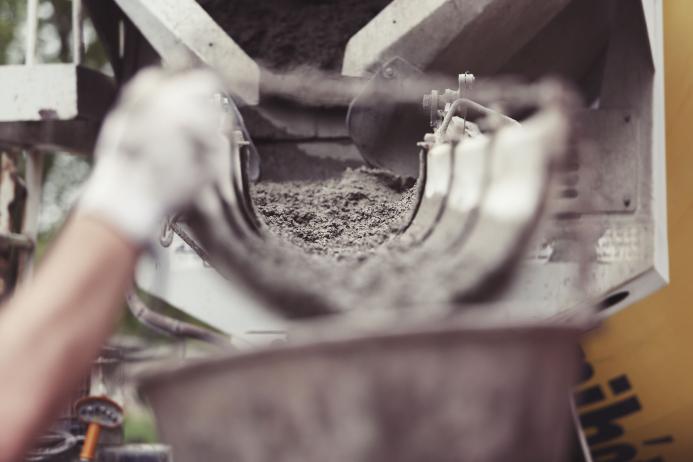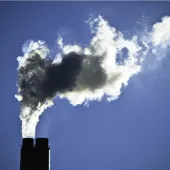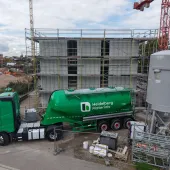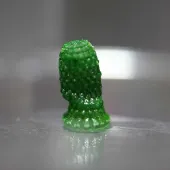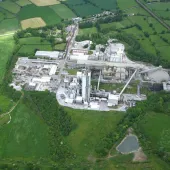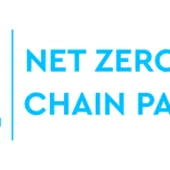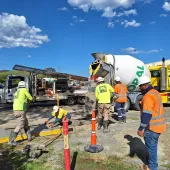Carbonaide demonstrates CO₂ removal and storage in concrete
Carbonaide, a Finnish startup focused on carbon-negative concrete, is partnering with a consortium of companies to demonstrate the feasibility of permanent carbon storage in concrete. As part of the initiative, the team will mineralise 90 tonnes of CO₂ by the end of 2024.
The CO₂ is being captured from flue gas at ARC, a Danish waste-to-energy plant. Carbonaide will then mineralise the CO₂, storing it permanently in concrete. This process is part of a larger effort to showcase the potential of CO₂ removal technologies and their application in construction.
“The demonstration project highlights the need for collaboration in the field of technological carbon removals,” said Tapio Vehmas, CEO of Carbonaide. “Permanent carbon removal on an industrial scale requires joint efforts from several industries. By working together, we can demonstrate the potential for decarbonising the construction industry.”
The captured CO₂ will be sold through a carbon removal marketplace operated by Danish startup Klimate.co, with Swiss outdoor brand Mammut purchasing the mineralised CO₂. Mammut is working to halve its emissions by 2030 and achieve net zero by 2050, making this project part of its broader sustainability efforts.
Nils Thor Rosted, head of communications at ARC, said: “We are pleased to contribute to this innovative project, where CO₂ from our waste-to-energy plant is captured and used in concrete. This is just one example of how CO₂ can be utilised in industrial applications to help decarbonise.”
The concrete industry is responsible for around 8% of global CO₂ emissions, so Carbonaide’s technology, which can mineralise 100kg of CO₂ per cubic metre of concrete, offers a significant opportunity to reduce emissions. The company’s approach can also lower cement volumes by 20-50%, further reducing emissions in the concrete production process.
Carbonaide has been operational since August 2023, with its first commercial-scale factory in Finland producing carbonated concrete products. The technology is currently being used for non-reinforced precast concrete products, such as pavements and intermediate walls, with plans to expand into other precast elements.
“We aim to establish CO₂ mineralisation in concrete as an exportable technology,” said Vehmas. “We are also looking for long-term partnerships to secure the supply of biogenic CO₂ from local sources such as biogas plants.”
The initiative has received support from the Finnish government, with kai mykkänen, Finland’s minister of climate and the environment, noting the value of domestic carbon capture technologies. “The rapid progression of Carbonaide’s technology from research to commercial activity reflects the growing demand for low-carbon concrete products,” he said.
Carbonaide’s work is part of the growing effort to decarbonise the construction sector and offer more sustainable solutions to meet future regulatory requirements and environmental goals.

